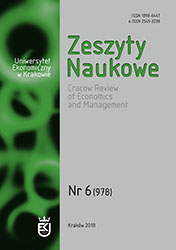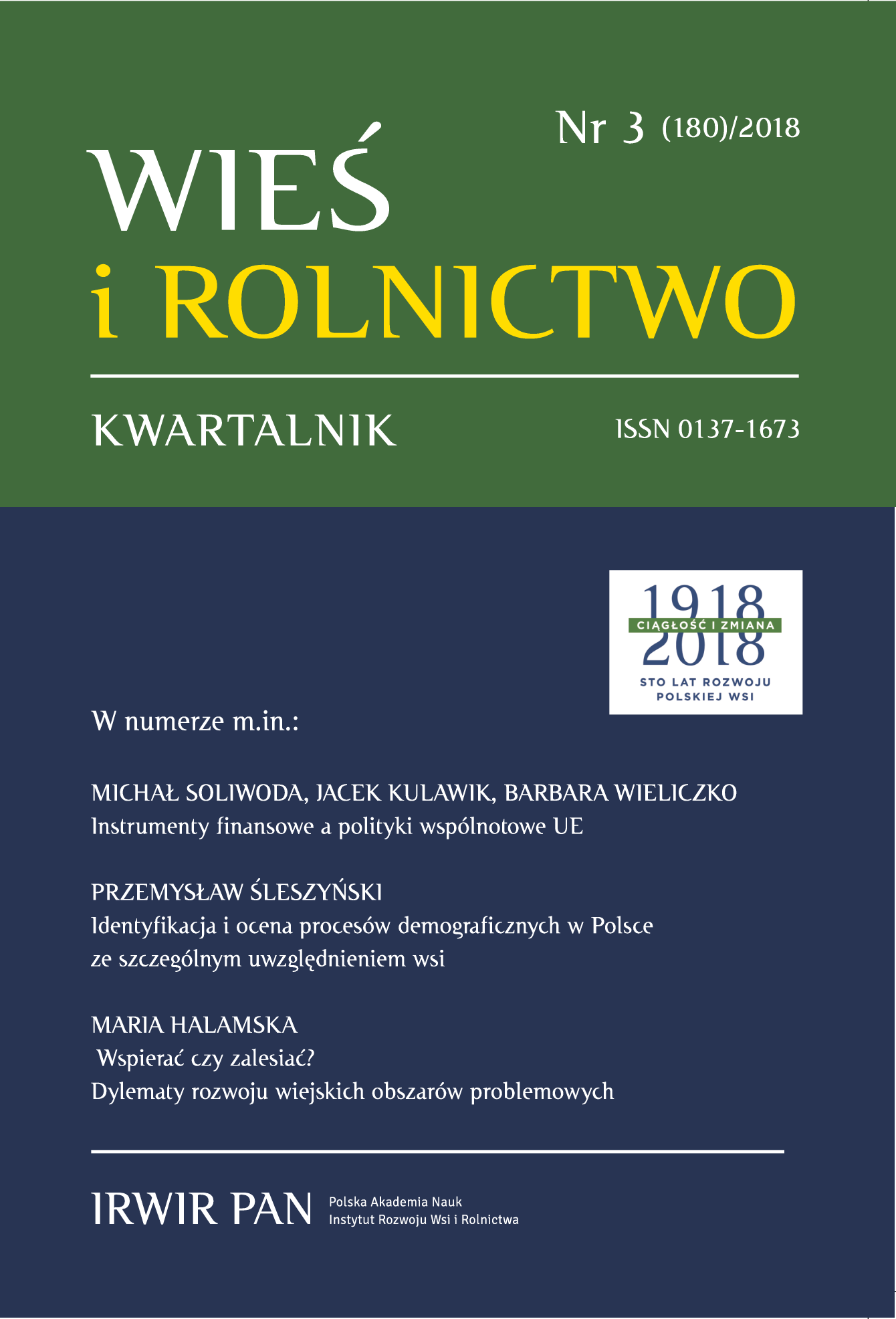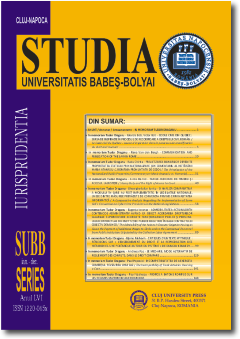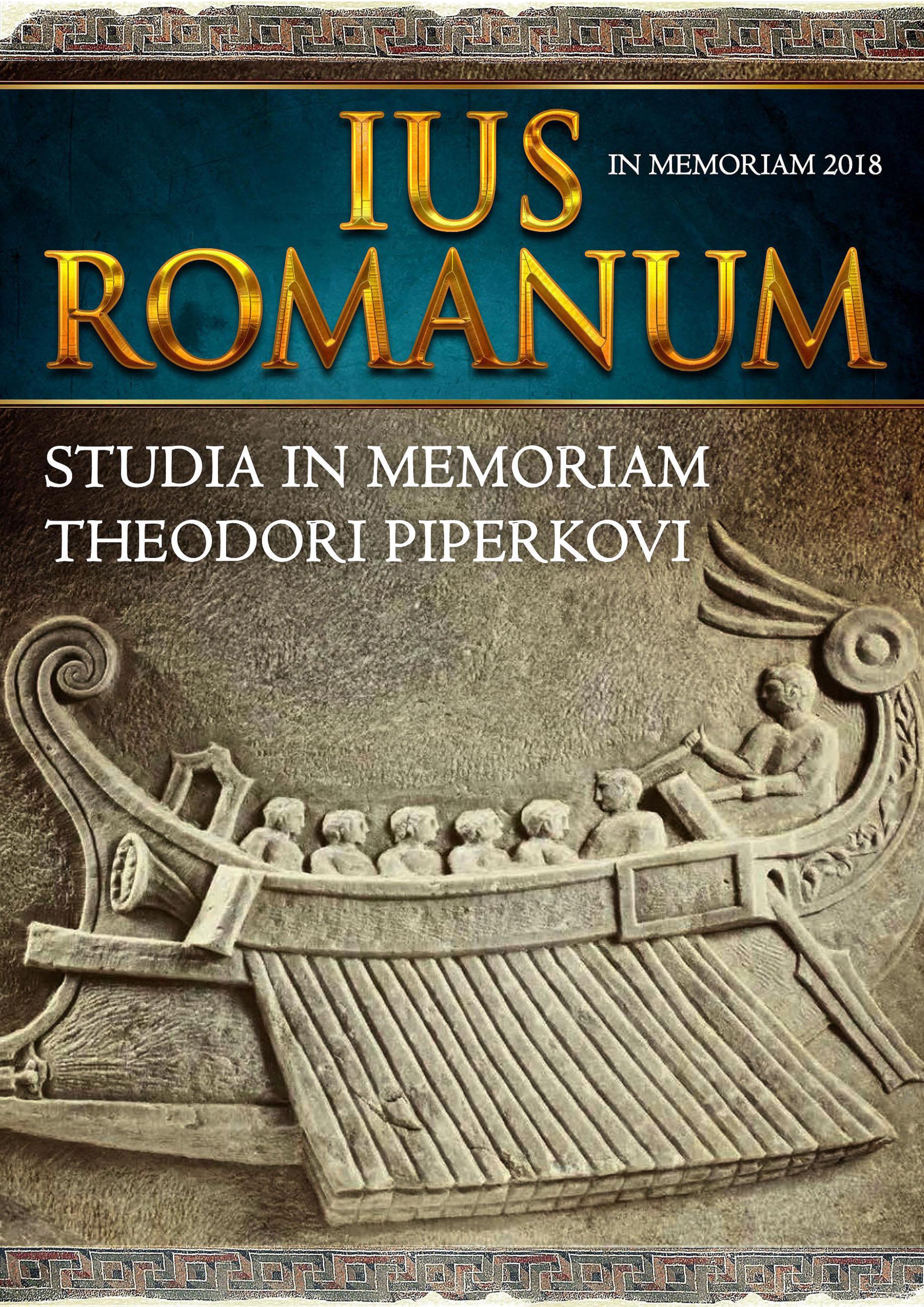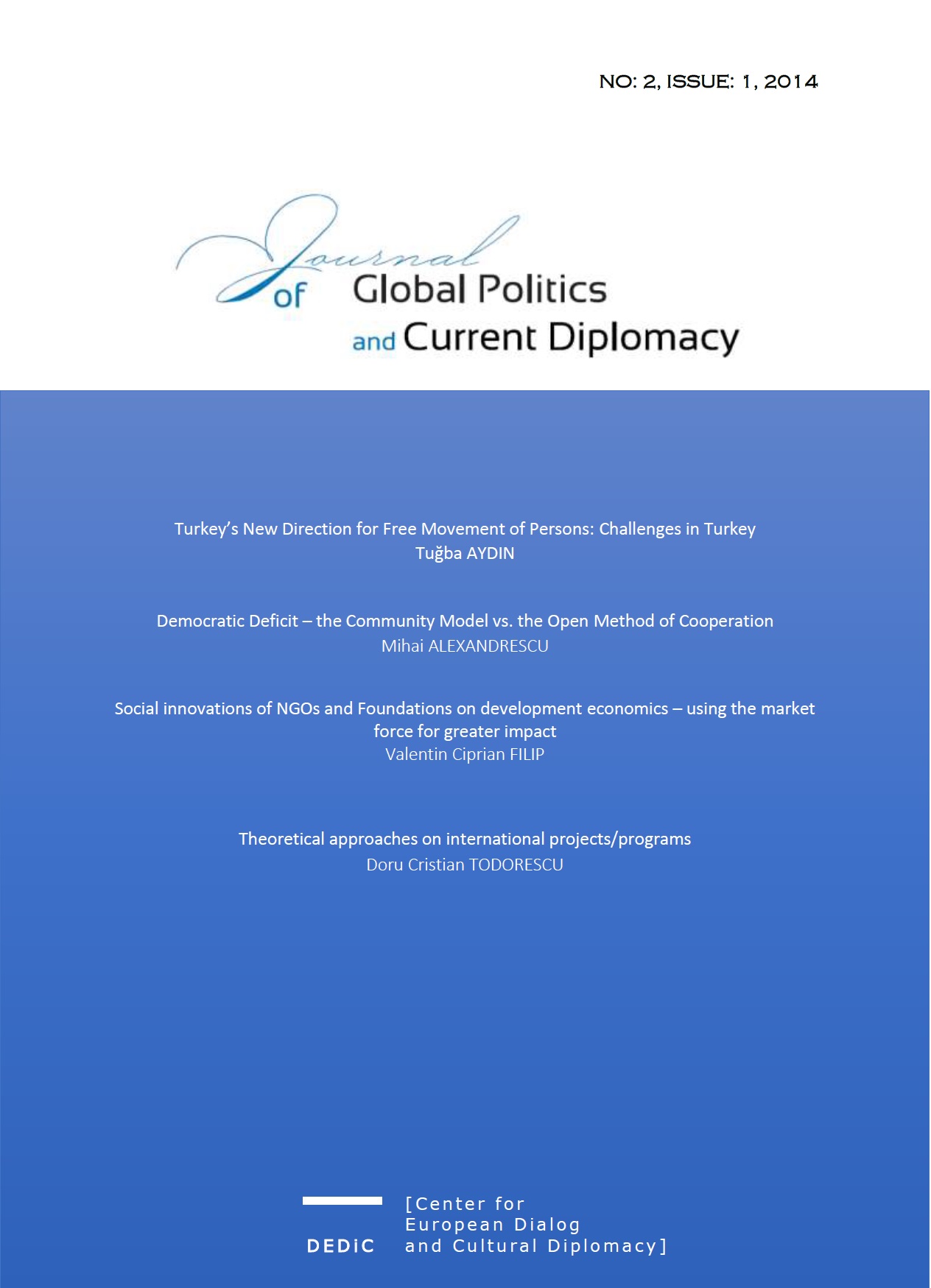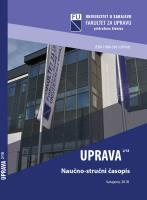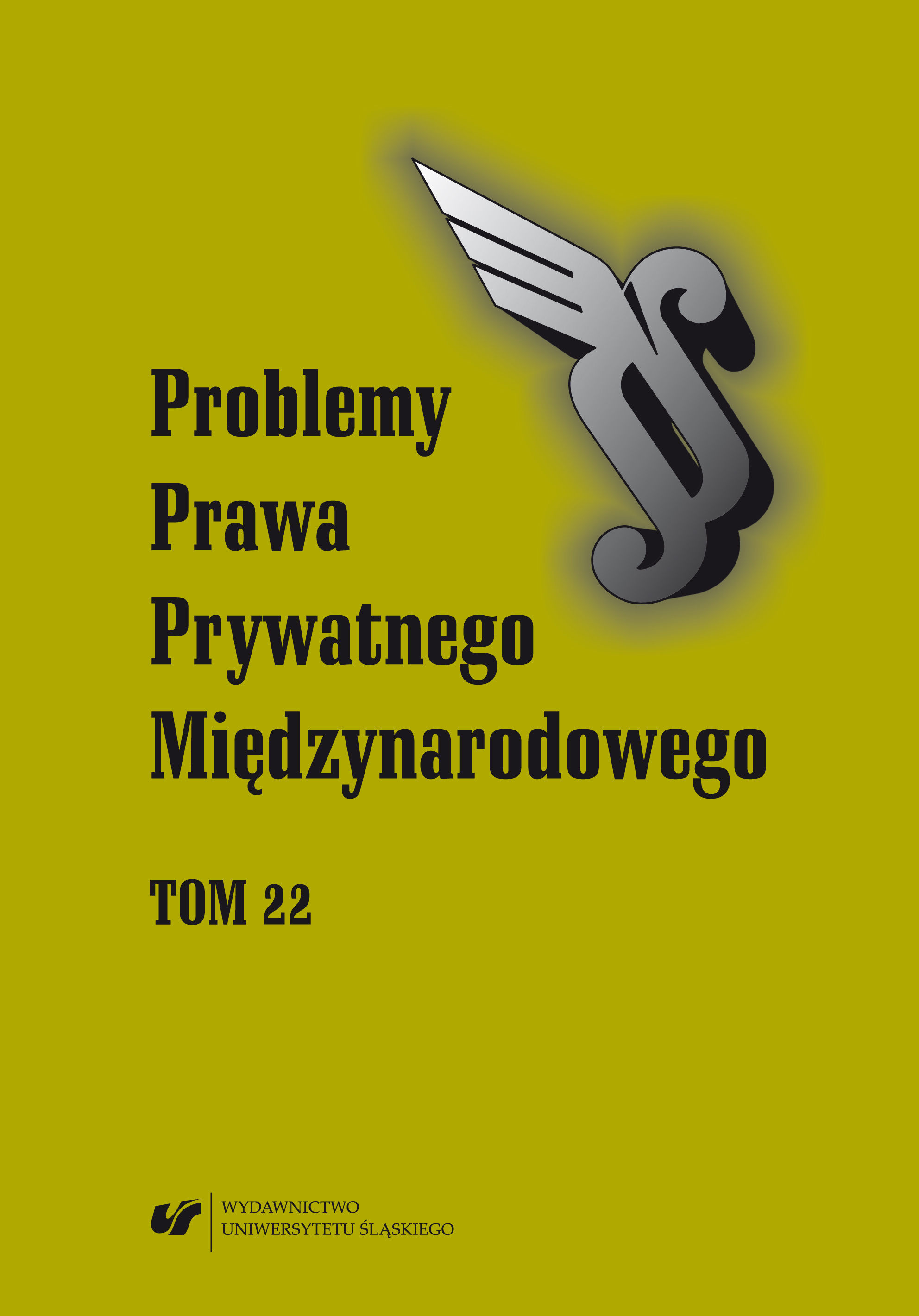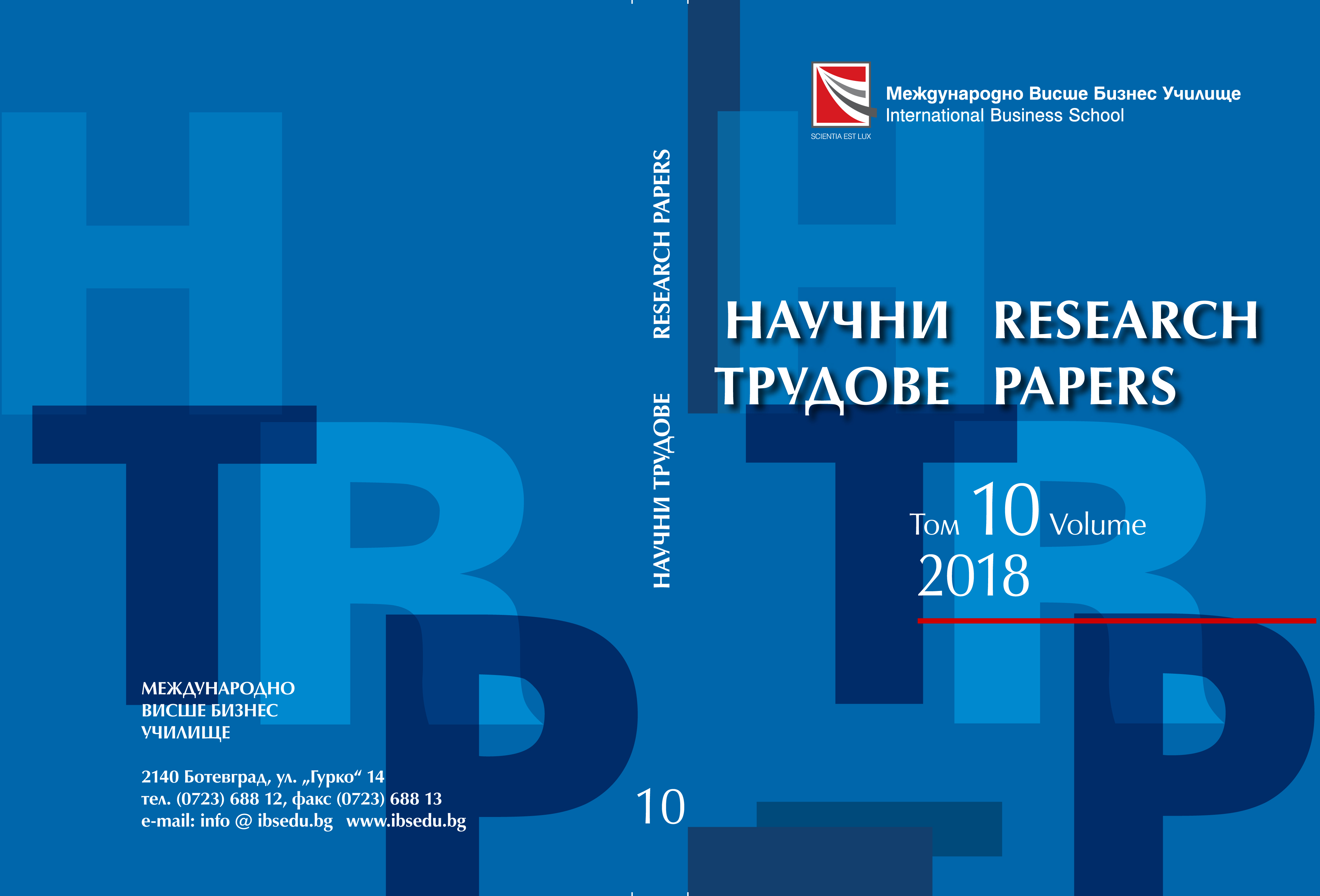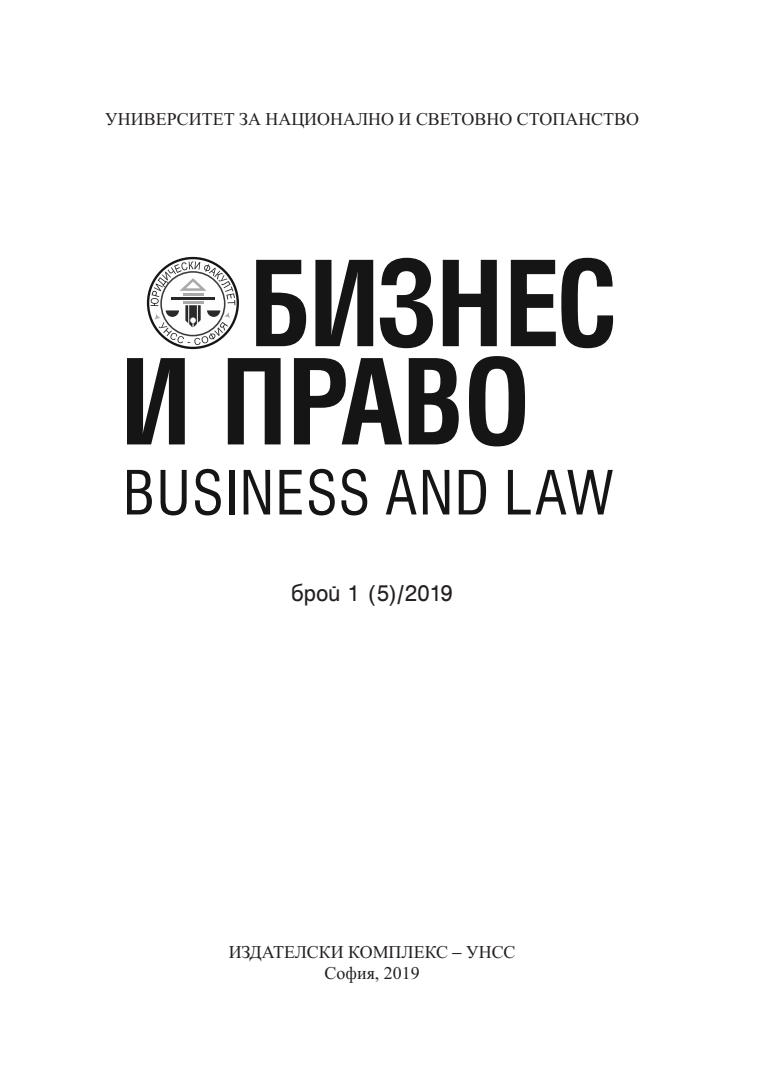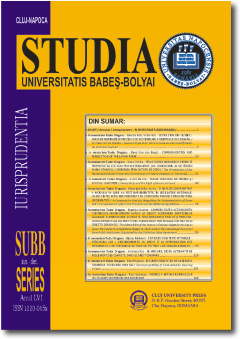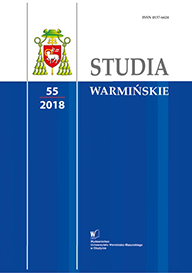Dreptul la informație şi aplicare principiului transparenţei în administraţie. Reforme recente în ţarile Uniunii Europene
A normative order of society is the characteristic behavior of a population which is organized collectively. That order is made up of values and norms and the community offers a particular view about membership, which distinguishes individuals belonging to it. Public administration involves activity, it is related to politics, it tends to be concentrated in the executive branch of government, it is different from the private administration and is concerned with law enforcement. Public administration reform strategies are aimed at identifying measures to ensure the modernization of the public administration in order to optimize decision making, improve human resource management, public finances and the quality of public services by promoting and introducing elements of quality management.
More...
